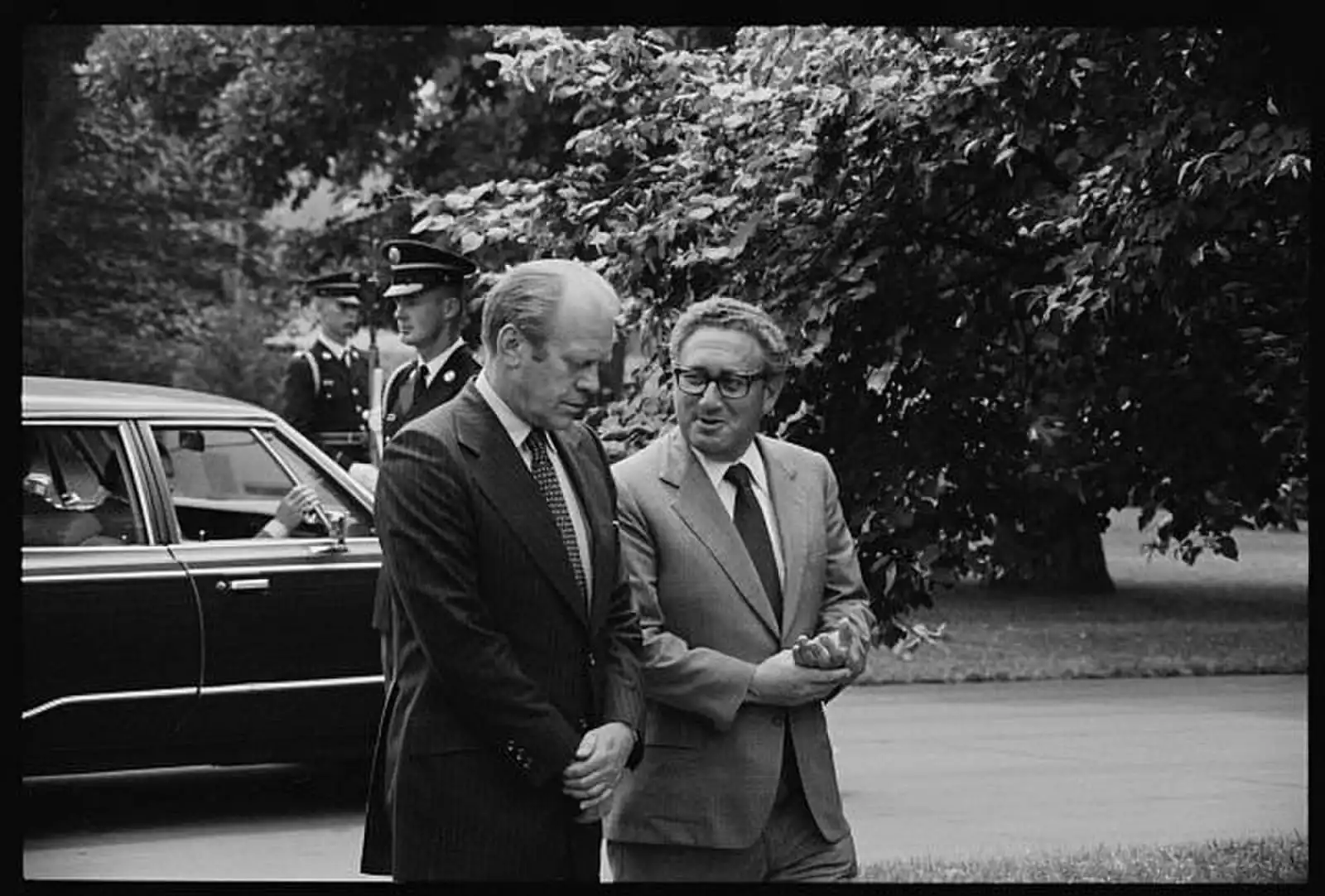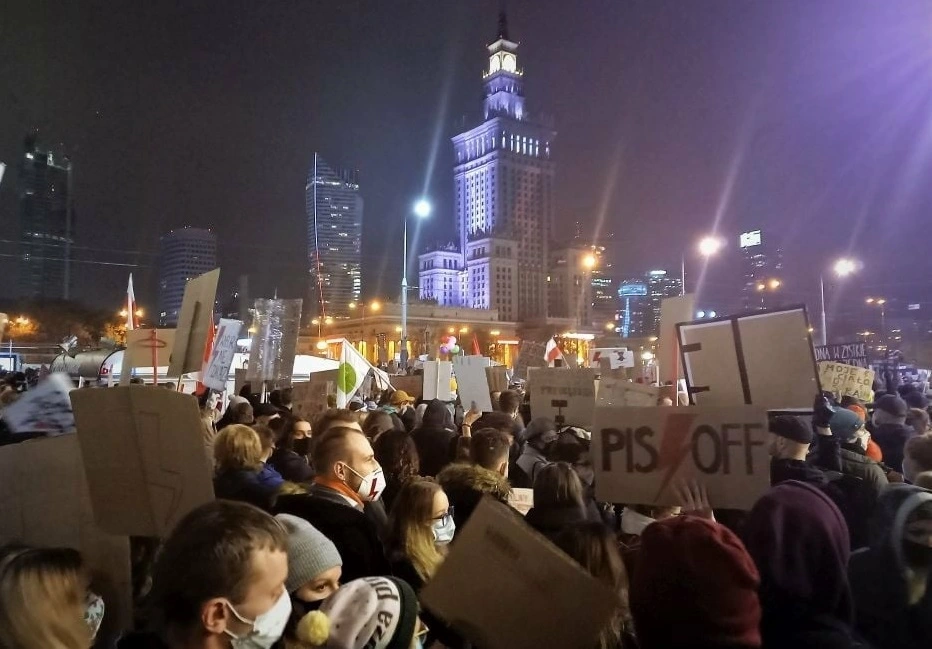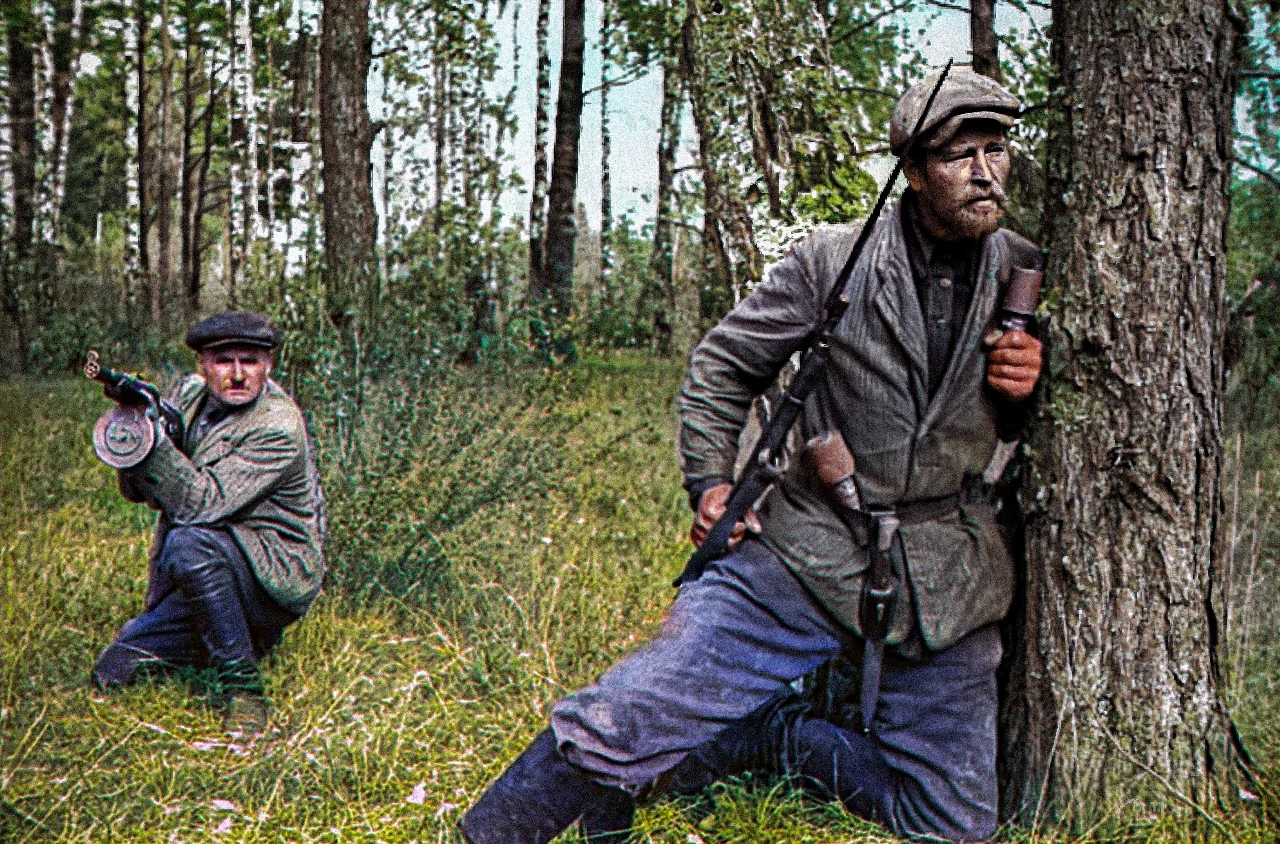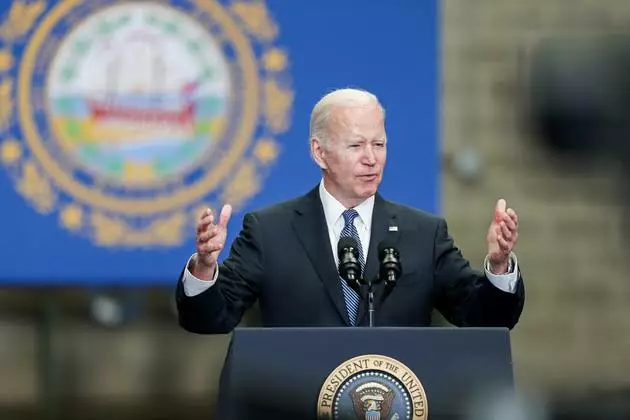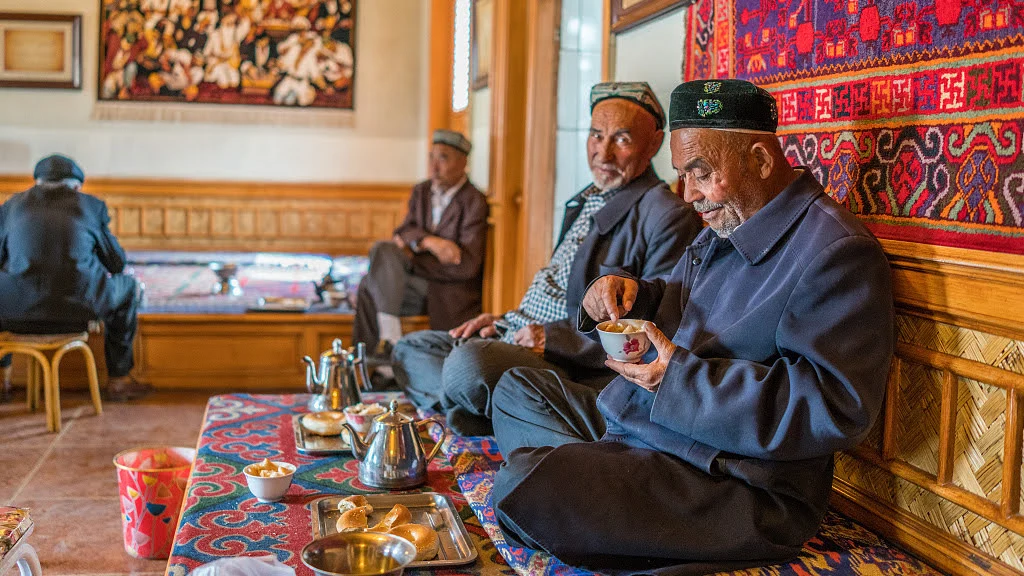My interest in the man and the diplomat, Henry Kissinger, began when I asked a lawyer in the Bay Area of San Francisco to help me apply for a reinstatement of my American citizenship. I had renounced my citizenship as a conscientious objector to the Vietnam War (the American War as the North Vietnamese termed the tragic war) while in self-imposed exile in Montreal. The young attorney, who was very clever, although our Marxist politics were not along the same ‘party line’, was able to petition Mr. Kissinger, then the U.S. National Security Advisor, to return to Washington D.C. to sign my American citizenship reinstatement papers or to sign those official papers in Paris. Kissinger was in Paris at the time negotiating a peace settlement in the Southeast Asian war on the Indochina peninsula with the North Vietnamese Politburo member Lê Đức Thọ.
Obviously, the very busy American diplomat could not be bothered with such a trite request, and therefore penned his name to the papers in Paris, thereby giving me back my American citizenship. My attorney considered the whole affair a very prestigious coup for him, and told me how my case had made the Associated Press Wire. I think he expected me to be impressed by his achievement. However, I was far too young in 1973, being only twenty-eight years old, to think much of the occasion, except for the happiness that I could have a social security card and would be able to work legally again. At the time, I was a strident Marxist Leninist, heavily influenced by the works of Stalin, but yet very immature in understanding that the theory and practice was a subtle undertaking and not a romantic adventure, one that could lead to personal disaster. In a word, I was an immature young man whom it would take years to understand the integrity and intellectual depth of Marxism. I gained maturity as a historian later in life through analyzing world events and world figures, such as the self-absorbed Henry Kissinger and how he became the face of U.S. Foreign Policy. His appointments as National Security Advisor and Secretary of State during different administrations lead to literally thousands of citizens throughout the world being murdered in various wars abroad, including in South and Central America. An objective historian would have to wade through myriad public and unclassified documents to gather in full detail a scrupulous account of the hidden war crimes the flamboyant Kissinger committed with such pomp and bombastic skill during his tenure as a diplomatic advisor to some of the most powerful men and women to hold offices in the United States, Western Europe, the Middle East and in South America.
In a serious analysis of Henry Kissinger, one must study the man in terms of class, education and personal mannerism. I will begin by stating this: Henry Kissinger is a man of aggrandizement, and his ego is one that believes to his final years that he is entitled to be catered to and admired by the world’s political elite. Henry Kissinger is not a modest man, but then how could he be since his class status was one of entitlement from childhood? In one American account of his family background, the following aspects of his personality as a youth are noted in the following way:
Heinz Kissinger was born in 1923 in Fürth, a city in Bavaria. His family fled to New York shortly before Kristallnacht, settling in Washington Heights, a neighborhood with so many German immigrants that it was sometimes known as the Fourth Reich. They spoke English at home, and Heinz became Henry. In his youth, he displayed few remarkable qualities beyond enthusiasm for Italian defensive soccer tactics and a knack for advising his friends on their amorous exploits. As a teen-ager, he worked in a shaving-brush factory before school, and aspired to become an accountant.
However, this small antidote leaves out some vital information regarding the American statesman’s class views and prejudices. The American historian, Thomas A. Schwartz states in his biography of Kissinger that “The Kissingers were observant Orthodox Jews, conservative in their politics, and thoroughly middle-class German patriots”. The Wilson Center Digital Archive would add more substantial information about Kissinger in his formative years “He spent his high-school years in the Washington Heights section of upper Manhattan but never lost his pronounced German accent. Kissinger attended George Washington High School at night and worked in a shaving-brush factory during the day. While attending City College of New York, in 1943, he was drafted into the army and became a German interpreter for the 970th Counter-Intelligence Corps”. Thus, with some information from Kissinger’s youth and with an examination of his family background, we see an individual who fled with his middle class German family from persecution in fascist Germany, a family that was embedded with conservative values. After the decline of the Kissinger family’s class status, Henry Kissinger was forced to work as an ordinary factory laborer while attending night classes in high school and at City College in New York City. It is a fact that Mr. Kissinger, although marginalized by lowered class status, nonetheless pursed his educational activities in order to climb the social class hierarchy in the United States.
Kissinger joined the U.S. Army during the middle years of World War II. It was among the enlisted ranks that he met and was influenced by a German refugee by the name of Fritz Kraemer, who according to the historian Schwartz, “Kraemer introduced Kissinger to the study of history, reinforcing Kissinger’s conservatism and distain for the radicalism of the Nazi and Communists”. When Kissinger was deployed to Europe in 1944 with the Eighty-Fourth Division where he was “reassigned to the ‘G-2 section of divisional headquarters’ interviewing German civilians and combing through captured German mail and documents for intelligence. His formal title was ‘Special Agent in charge of the reg [imental]’ CIC [Counter-Intelligence Corps] team” and it was this very key work position that would become vital for his knowledge of acute intelligence gathering and the workings of political and diplomatic negotiations and the betrayal of those same negotiations. Many years later in his work, Diplomacy, Kissinger revealed the coldly methodical political animal that dwelt in his corporal body, when he wrote:
The success of a policy of raison d’état depends above all on the ability to assess power relationships. Universal values are defined by their perception and are not in need of constant reinterpretation; indeed they are inconsistent with it. But determining the limits of power requires a blend of experience and insight, and constant adjustment to circumstance.
When one takes a serious overview of Kissinger’s developing years as a youth and later, during his army career, one sees a man who was not content with the decline of his family’s class status. He was not open-minded, and was not drawn to any ideology or political movement that would benefit the working people of his newly adopted country. One of his positive attributes was his enjoyment in playing soccer, and he was a part of the USA Bid Committee to present to the world’s soccer governing body, FIFA, with a proposals to stage a second World Cup in the United States. This was the only time Kissinger revealed a more community-minded interest, but this was not enough to redeem his future political behavior on the world stage. He was only interested in achievement at all costs. Through cunning and insidious manipulation of those around him, he was able to define himself as the ‘reason of state’ or raison d’état. He justified his grandiose personality, and his idea of America’s foreign policy that would come only from him and him alone. He had no scruples in what he perceived as America’s imperialistic interests abroad as ethics would mean nothing. Absolute power was everything, even if it resulted in the bloodshed of thousands.
Years later, when Kissinger was no longer a part of the Harvard University academic programs, he would become the National Security Advisor for President Richard Nixon in 1968. The emerging statesman would reveal more about his narcissistic characteristics among the powerful in Washington. He cultivated his image as a sexual icon and gloated about his presence being important to the Washington socialite circle during the Vietnam war. The historian Schwartz observed “Kissinger consciously courted the publicity, spending hours on the phone with journalists not only explaining the administration’s policy but also making it clear his importance in shaping it”. During the celebration of Lenin’s hundredth birth at the Soviet embassy to which Kissinger was invited, Schwartz recalled Kissinger’s lack of modesty. Kissinger said, “Two years ago before I got this reputation as a swinger, I was much more resistible”, and “Now it’s great to irresistible”. Kissinger’s vanity would be unquenchable, as noted in the following incident.
During the Carter Administration, the State Department was allowed to pay a portrait painter $10, 500 for an official portrait of Kissinger, but the first portrait angered Kissinger as it made him look like “a dwarf”. He had a second portrait made to fulfill his vain perception of himself. The irony is that during a meeting with Trump at the White House in 2017, Kissinger did indeed look like ‘a dwarf’ as he sat in a refined chair in the Oval Office that seemed to engulf the now very small man. He sat next to the President who slumped like a sack of flour and wore an unnatural grimace on his face as he leaned over to have a photo taken of him with the former Secretary of State. It was as if that unknown portrait painter had been a visionary, seeing Kissinger in the future as he would look in his final years.
Beyond his more personal motives to always be the center of attention, there is another side of Kissinger that was more deadly. He had a deep hatred toward certain individuals and nation-states that he would reveal only to a few, while at the same time manipulating those very people he worked closely with during periods of political policy making. I would like to now concentrate on the more serious aspects of Kissinger’s methodology in acquiring political power within the context of American imperialism at its times of crises. Kissinger was an able actor in such reckless adventures of political overreach during his tenure among those who welded political power abroad from the lair of Washington.
Kissinger would consistently nag President Nixon about being allowed to go to Moscow for a secret summit meeting with the Soviet Leadership in 1972. He would exaggerate his importance by assuring Nixon “that Dobrynin was ‘slobbering’” for him to come to Moscow for a secret visit to plan the summit and this more than likely meant the Russians were preparing to ‘screw’ their North Vietnam ally”. In reality, the Soviet Union would continue to supply the North Vietnamese with military aid and other forms of aid throughout the war, and the Soviet leadership was steadfast in their commitment to upholding the alliance with the North Vietnamese Communist party leadership. Nixon finally relented and allowed Kissinger to go to Moscow as long as the agenda dealt with the Soviet Union détente and the issue of the Vietnam War and its consequences for the United States. Kissinger had said to Nixon, “I’m willing to throw myself on the sword. We are not going to let this country be defeated by this little shit-ass country”.
It was that ‘little’ country, known as North Vietnam, which would eventually defeat the American imperialist empire in the most humiliating political defeat of its history. It was the North Vietnamese people led by the resilient Vo Nyguen Giap, the genius of the North Vietnamese Army, that would eventually decide the outcome of the tragic war in which 1,100,000 North Vietnamese and Viet Cong fighters perished for the liberation of all of Vietnam.
Although, I gave but a brief analysis of Kissinger as a man and emerging stateman, I would now like to give an observation of him as a war criminal. I would not say that he was like Joachim von Ribbentrop who served as Hitler’s foreign minister from 1933 to 1945 and who was the chief negotiator of the treaties with which Germany entered World War II. Ribbentrop was tried before the International Military Tribunal at Nüremberg, found guilty on four major counts of war crimes, and hanged. However, what Kissinger and Ribbentrop do have in common is how both men were accomplices to crimes against humanity and neither of them attempted to totally distance themselves from their political masters’ genocidal crimes.
Even in the present era, Kissinger speaks out of both sides of his mouth regarding the Ukrainian-Russian War. According to the online periodical Newsweek, “Henry Kissinger, a former U.S. secretary and national security advisor, said in an interview…NATO should make Ukraine a member despite Russian President Vladimir Putin’s warnings.” Kissinger said further, “For the safety of Europe, it is better to have Ukraine in NATO, where it cannot make national decisions on territorial claims.” This same news outlet then wrote, “Kissinger’s comments to The Economist represent a course reversal compared to a statement he made last year. During a September discussion with the Council on Foreign Relations, he said he ‘thought it was not a wise American policy to attempt to include Ukraine into NATO’.”
Kissinger has always changed his stance according to the political winds of Washington. Kissinger, like Ribbentrop, were not consistent with their political acumen, but they were consistent with serving their masters’ agendas. Where the two would-be statesmen part ways, is that Ribbentrop was captured and tried, due specifically to the fact that Nazi Germany was defeated by the Soviet Union and the Western allies. While in Kissinger’s case, his country, the United States has yet to be defeated on a massive scale like that of Nazi Germany. The United States has much in common with that fascist state that emerged not long after its defeat in World War I. In some ways, this defeat was similar to the way the United States was humiliated and defeated by the Vietnam War. Kissinger was able to celebrate his one hundredth birthday in 2023 amidst much adulation by the elite politicians in the United States. However, two journalists wrote in Guardian essay on the occasion:
In fact, much of the world reviles Kissinger. The former secretary of state even avoids visiting several countries out of fear that he might be apprehended and charged with war crimes. In 2002, for example, a Chilean court demanded the answer about his role in that country’s 1973 coup d’état. In 2001, a French judge sent police officers to Kissinger’s Paris hotel room to serve him a formal request for questioning about the same coup, during which several French citizens were disappeared.

Around the same time, he cancelled a trip to Brazil after rumors began circling that he would be detained and compelled to answer questions about his role in Operation Condor, the 1970s scheme that united South American dictatorships in disappearing one another’s exiled opponents. An Argentinian judge had already named Kissinger as one potential “defendant or suspect” in a future criminal indictment. But in the United States, Kissinger is untouchable.
However, let us proceed further into Kissinger’s involvement in the Chilean coup and its devastating consequences for the Chilean working class along with the students and other progressive forces. They believed socialism could flourish from an election in their country, and, naively, did not understand that the United States would not allow that to happen. They paid with their lives for their idealistic political convictions. However, in an essay written by the journalist, Michael Zaima, in MIT Western Hemisphere project, the following Kissinger intrigue was noted:
At a Sept. 15 meeting called to halt the spread of infection, Kissinger and President Nixon told CIA Director Richard Helms it would be necessary to “make the [Chilean] economy scream.” While allocating at least $10 million to assist in sabotaging Allende’s presidency, outright assassination was also considered a serious and welcome option.
The respect held by the Chilean military for the democratic process led Kissinger to pick as his first assassination target not Allende himself, but General Rene Schneider, head of the Chilean Armed Forces. Schneider, it seems, had long believed that politics and the military should remain discrete. Despite warnings from Helms that a coup might not be possible in such a stable democracy, HK urged the plan to proceed.
“Kissinger had direct personal knowledge of the CIA’s plan to kidnap and murder Schneider,” declares journalist Christopher Hitchens. “The is one of the relatively few times when Mr. Kissinger involved himself in the assassination of a single named individual rather than the slaughter of anonymous thousands.”
Years after the assassination of Schneider, Kissinger would deny any involvement in the general’s death, but according to a NACLA (North American Congress on Latin America) report in 2007, a reporter revealed the following unclassified information:
In testimony before Congress, and in his memoirs, Kissinger claimed that CIA coup plotting was "turned off" before Schneider's assassination. "On October 15, I called off Track II before it was ever implemented," Kissinger again falsely asserts in his new book, Years of Renewal. But a declassified Top Secret memorandum of conversation of the October 15 meeting between Kissinger, CIA deputy director of plans Thomas Karamessines and General Alexander Haig confirms that Nixon's National Security adviser actually ordered: that the Agency should continue keeping the pressure on every Allende weak spot in sight—now, after the 24th of October, after 5 November, and into the future until such time as new marching orders are given.
From his days as a student at Harvard, Kissinger, according to one source, was always willing to be involved in clandestine activities, even if those activities meant the betrayal of others. During “the Harvard International Seminar, a summer program that convened participants from around the world—Kissinger gamely volunteered to spy on attendees for the F.B.I.—the magazine [Confluence, the magazine Kissinger started] opened channels for him not only with policymakers in Washington…”. Such were the most insidious ways of the future statesman, Kissinger, and being involved in the betrayal of others was part of his climb to heights of absolute political power. Again, NACLA noted Kissinger’s involvement in the success of the Pinochet coup: “CIA records on clandestine operations in the days following the coup remain highly classified. It is known, however, that the 40 Committee, chaired by Dr. Kissinger, immediately authorized the CIA to "assist the junta in gaining a more positive image, both at home and abroad," according to documents seen by the Senate Select Committee. The CIA helped the junta write the "White Book of Change of Government in Chile" to justify the coup; paid for military spokesmen to travel around the world to promote the new regime; used its own media assets to cast the junta in a positive light; and financed the military's new advisors to prepare a new economic plan for the country.” Kissinger blooded his hands in the deaths of thousands of Chileans and this in itself is a case for his war crimes activities.
However, let us review deeper Mr. Kissinger’s war crime activity in Southeast Asia. New declassified information on the former Secretary of State’s involvement in the horrific bombing of Cambodia was destructively immense and was stated in an essay in the New York Times:
Under Kissinger’s guidance of an American bombing campaign kept secret from Americans, Cambodia became — according to leading Southeast Asia scholars — “one of the most heavily-bombarded countries in history.” Gravely undermined, the government of Cambodia was overthrown by the genocidal Khmer Rouge. As the by-no-means-left-wing British journalist William Shawcross wrote in noting that Kissinger found no room in his 894-page memoir, "White House Years," to consider the subsequent fate of Cambodia, “for Kissinger Cambodia was a sideshow, its people expendable in the great game of large nations.” Reviewing Shawcross’s "Sideshow" favorably, Kissinger’s former Harvard colleague and co-teacher, the late Stanley Hoffmann, wrote that “the ordeal inflicted on the Cambodian people by its rulers since April 1975 was not merely preceded but prepared by America’s own atrocious policy.” It was neither morally justifiable nor tactically astute.
Kissinger played a major role in the genocidal atrocities committed by the various United States regimes which resulted in the murders of thousands and thousands of civilians in South America, Central America and Southeast Asia. The future of written modern history will need someone like Tacitus, the Roman historian, to document the harsh truth of the modern Caesars, such as Nixon, Reagan, Clinton, the Bushes, Obama, and Trump whose political behaviors were as egregious and vile as the Roman Caesars in ancient times.
It should be understood that the International Tribunal of the Haig is a part of the Western European capitalist and imperialist system and therefore one should not expect justice and retribution regarding war criminal procedures against Henry Kissinger. Kissinger remains aloof and secure that he will never be touched in such a procedure. He knows full well that the powers that be in Washington will protect him. Kissinger would only be sacrificed to the Hague if it were expedient for the United States. There is no doubt that Kissinger played a pivotal role in negotiating diplomatic and trade relations with the People’s Republic of China. Even Mao Tse-Tung said, with tongue in cheek, when meeting Kissinger in Beijing on February 17, 1973:
:FOP SECR:ET1SENSITIVE EXCLUSIVELY EYES ONLY
Chairman Mao: Your business was done well. You've been flying everywhere. Are you a swallow or a pigeon? (Laughter) And the Vietnamese is sure can be counted as basically settled.
Of course, a swallow, in intelligence terms, connotes a female swallow whereas the term “stool pigeon” often relates to a police informer in a police operation. Mao’s meaning was unclear. However, this military historian was more than amused with the Chairman’s cryptic question which Kissinger, notably did not reply to. The New York Times would say this about the once Secretary of State and roving emissary:
What did Kissinger learn from these events? Nothing of value that he has owned up to. He supported Pakistan’s military dictatorship during the 1971 Bangladesh war, colluding in what American diplomats in Dakka considered “moral bankruptcy” in the face of “atrocities” and “a reign of terror.” In 1976, he told Chile’s murderous dictator Augosto Pinochet, in the words of his own memorandum: "My evaluation is that you are a victim of all left-wing groups around the world and that your greatest sin was that you overthrew a government that was going Communist."
Kissinger, in the end, was a small man who endeared himself to military dictators and imperialist autocrats as well as corrupted American Presidents. They allowed him to attempt to control American hegemony according to his own megalomaniac world view. Kissinger did not recall what he wrote in his work, World Order, “To strike a balance between the two aspects of order---power and legitimacy—is the essence of statesmanship”. Kissinger, ironically, was never able to actualize that power and legitimacy. That kind of power only comes from within a stateman who understands that modesty of behavior must be combined with foresight. The great diplomat would neither look for complete victory nor lasting peace in negotiations where these were not possible. The true essence of statesmanship is rather an agreement between political adversaries that achieves a reasonable meeting of minds.
If it had been possible for Henry Kissinger to sit in the docket at the International Criminal Tribunal at the Hague, it might have given some a sense that those who perished as a result of Kissinger’s long killing spree were finally given some historic justice. Kissinger, unlike the Nazi foreign minister, Ribbentrop, did not have such a fate where justice was served. The hangman’s noose evaded Kissinger, but the noose of historical record, of Kissinger’s involvement in many of the darkest atrocities in the twentieth century will stay with us, seared into the memory of humanity.
Editor's Note:
The views and informations expressed in the article are solely those of the author and may or may not reflect the views of The International. We believe in providing a platform for a range of viewpoints from the left.
